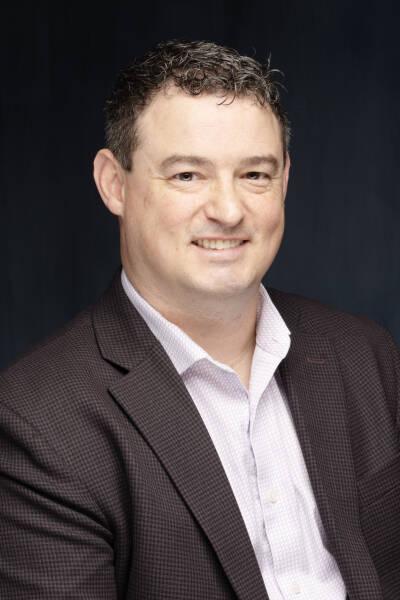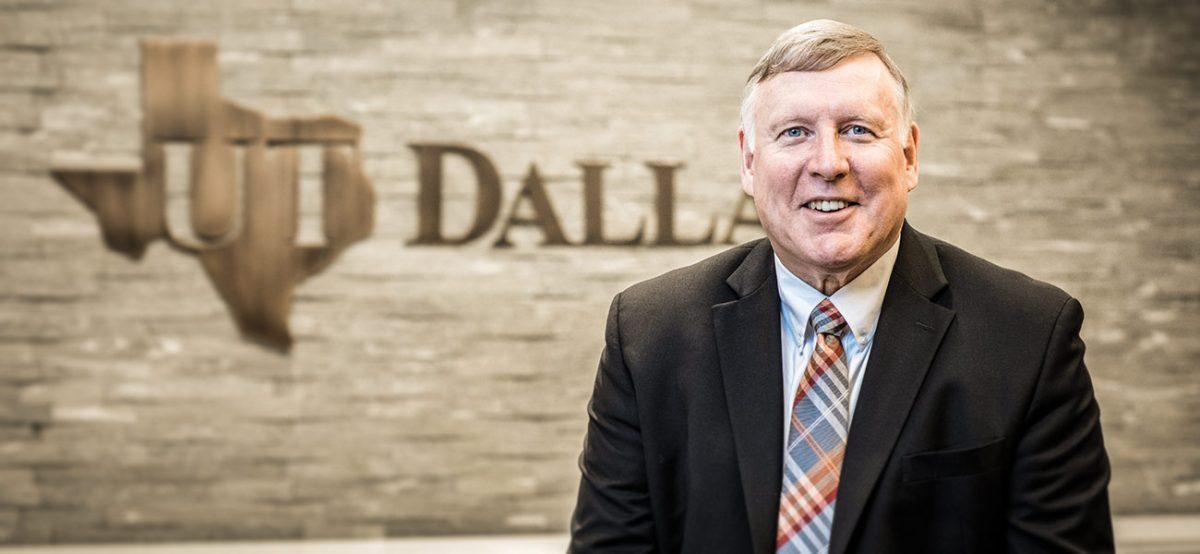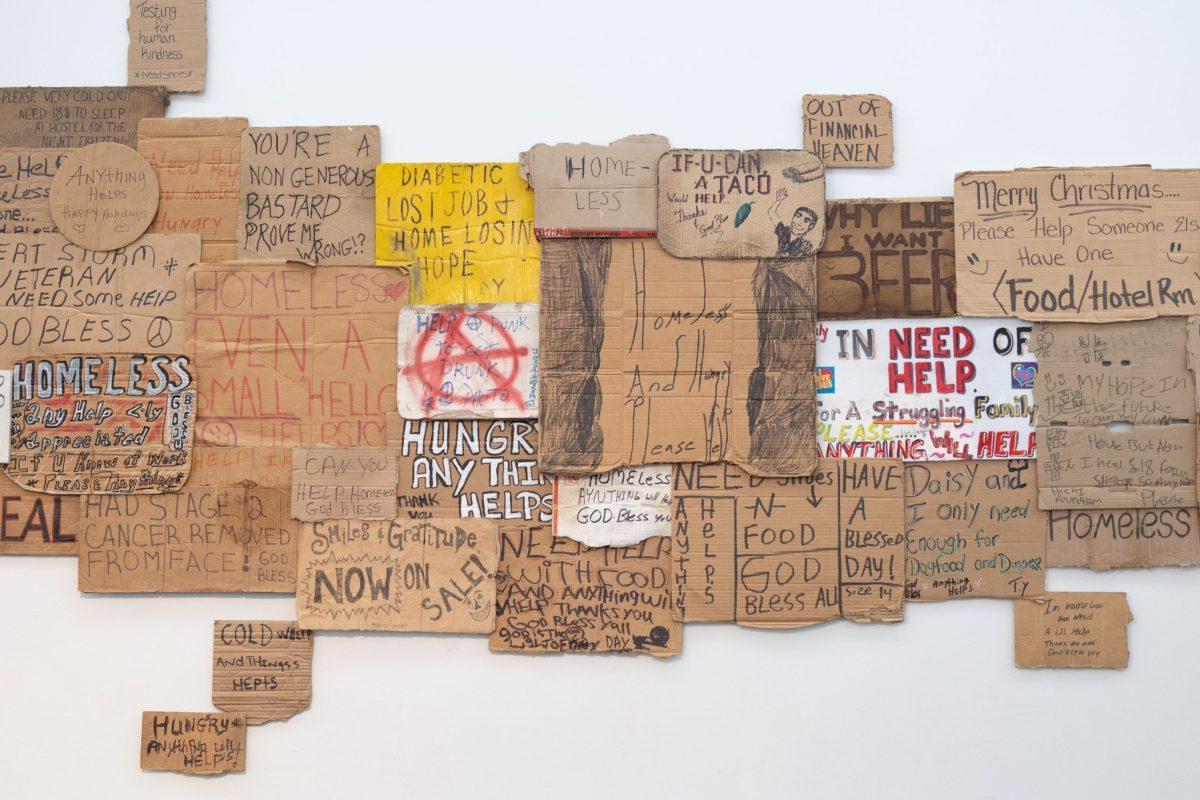UTD selected Adam Woods as the next dean for the School of Behavioral and Brain Sciences. Woods’ term as Dean begins Aug. 15, 2024.
Since fall 2023, BBS has operated without a dean, with Margaret Owen overseeing BBS as an interim dean. She will return to her position as faculty beginning fall 2024. Before coming to UTD, Woods worked as the associate dean of research in the College of Public Health and Health Professions at the University of Florida. Woods has collaborated on and published over 160 peer reviewed papers.
“When I became aware of the position search for BBS, I realized that this one school had everything I was passionate about: neuroscience, psychology and health science, in one unique combination,” Woods said.
In 2010, Woods received his Ph.D. in cognitive neuroscience from George Washington University in Washington D.C. Woods said he has spent most of his career working within health sciences by organizing clinical trials, researching dementia and cognitive decline and emphasizing “bench to bedside” research, a scientific approach in which the research developed within a laboratory is incorporated into clinical care. Woods said UTD’s unique BBS discipline called to him because of his years working within the specific subfield that BBS is built around.
“The centers and faculty at BBS have consistently found exciting ways to apply and understand the complex mechanisms of the brain and its behaviors,” Woods said. “This research has allowed for insight into pain, memory loss, dementia and so many other crucial areas of inquiry.”
Woods said that in his eleven years of teaching as a professor and then working as an associate dean and co-director of the University of Florida’s Center for Cognitive Aging and Memory, he has been able to make exciting developments within the field of cognitive neuroscience, particularly regarding treatments for cognitive decline. In 2019, Woods and his associates published Woods’ most cited work, “A technical guide to Transcranial Direct Current Stimulation, and related non-invasive brain stimulation tools,” which simplifies and explains various techniques for the use of transcranial direct current stimulation, or tDCS.
“In the early period of that technology [tDCS], there were a lot of sloppy applications of it,” Woods said. “This guide represents me and a lot of other investigators getting together to say that we can do better, and this field can have impact if we do this rigorously.”
Woods said he spent his first year as associate dean of research meeting with over 200 faculty within the College of Public Health and Health Professions.
“My first step was to get to know all the people in the college that I didn’t already know,” Woods said. “It was a nonstop series of meetings, and it was the most important time in entering my role because I learned the specific needs of those I would be serving as Associate Dean.”
Woods said he plans on meeting with all the faculty and staff within BBS because he prefers to implement a servant-leader model in his roles; he sees his role not as that of someone who dictates but as someone who serves his community. BBS has over 3,000 students pursuing either undergraduate or graduate degrees, and Woods said he hopes to meet with as many of these students as possible.
“I am going to start my time at UTD by listening and learning,” Woods said. “We are in leadership positions to serve the people around us, we are not here to serve ourselves. To do that effectively, you need to meet, know and be side by side with the people you serve.”




